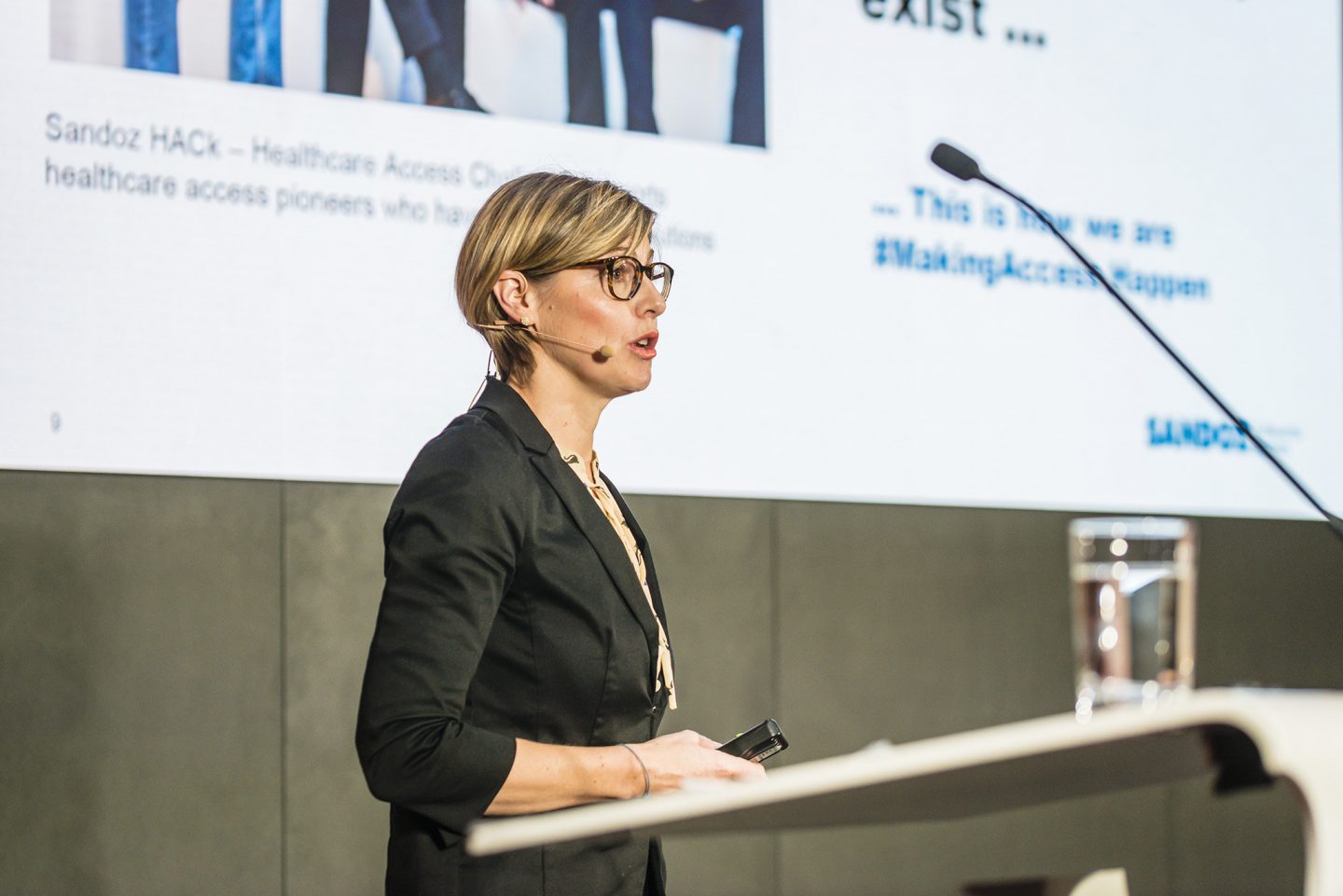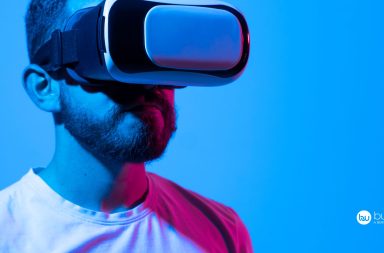We spoke with Fiona Cook, who oversees global corporate responsibility programmes at Sandoz
What is SandozHACk?
As a company, we are really focused on finding novel approaches to help people access high quality medicines around the world. That is the way we that we support people around the world, particularly those in under-served communities. We absolutely understand that there are healthcare challenges around the world, but we do not always know what all of the challenges are or where they are.
Since we don’t always have all the answers, we decided that we wanted to support people in their own countries and communities – on their own streets – who could spot the healthcare challenges around them. They are really at the grassroots of knowing what the problem is and having ideas about how to solve it.
To link into that agenda we decided to run a challenge called SantozHACk to find new ideas to improve healthcare access at the grassroots level. HAC stand for “Healthcare Access Challenge”, while hack is a way of tackling a problem and finding a solution.
We launched the competition back in September 2016 via social media – mainly through Facebook. We asked people if they had spotted a healthcare access challenge in their local community and whether they had an idea or solution to solve that problem through mobile or digital health.
The essence of the hack was that the solution should be an application, or something else where mobile technology could help solve their healthcare access challenge. But in turn, their solution should then increase access to medicine for patients, improve clinical information or improve the smooth running of their country’s healthcare system.
That explains why it is part of corporate responsibility and not in the digital innovation business line.
Yes. We are not looking for ideas that Sandoz can take on. This is a about backing other people’s ideas and supporting people who can help us to reach patients who struggle to receive healthcare.
Is the competition just for ideas?
The competition was open for about eight weeks and by December we had received 150 ideas from over 30 countries. It was great – we had a lot of lovely ideas that came through. We then judged those entries against the criteria for the competition and shortlisted six finalists who we helped to take their idea and share it with a broader community of people.
We partnered with an organisation called OpenIDEO, which is an online global community of thinkers who are trying to improve the situations around the world and tackle global challenges. Then, in March, we invited the finalists to London, to an event where they had access to a network of experts, people ranging from Novartis and Sandoz to people from a broader industry who could get them help and support. Over three days in London we helped them refine their ideas and at the end of the three days we took the ideas to the Wired Health conference. The six finalists pitched their ideas to a panel of judges at Wired Health, who put them through more questioning and found out how their idea would work out in practice. The judges then selected three overall winners, who received 20,000 euros each and additional support from the company.
The three winners were from Ghana, Maldives and Philippines.
What has happened to the teams since March? Are their products on the market?
They are not on the market yet. SandozHACk is very much about helping people who have got a kernel of an idea. These are people who have a great idea, but don’t know where to go with it. When we got to them they were very much in the early stages. Our funding wouldn’t help them get things to market, but would help to get things kick-started.
I didn’t think the winning ideas looked like world-changing, out of the box startup ideas…
We were looking for relatively small, local ideas that had the ability to make impactful difference to people’s lives at the local level, so that probably framed the nature of the ideas that came through.
We were not looking for the next massive innovation. For example, the idea from the Philippines is a CPR application. Being able to deliver CPR is a mandatory requirement in the Philippines. It is very difficult for the emergency services to reach patients quickly because of the diverse nature of the geography of the country, so people need to have CPR training and know how to react. A simple phone application will help the person on the street to deliver easy, life-saving treatment at the touch of a button. While this might not be as cutting edge as some of the other ideas we are seeing on the market today, it is a very local, small idea, that could be implemented easily and really make an impact in people’s lives.
Local ideas can be kick-started with 20,000 – you cannot build a world-changing startup in London with that money.
Money was one part of it, but we were very committed to giving young people access to ongoing support, expertise and access to a community of people too, not just money. Since we met in London, we now have a Facebook community. That’s where the discussion happens, talking about how we can collectively make a contribution to increase access to medicine and give young people access to a wider network of people who can help bring their ideas to life.
How do you measure the first results from this?
We are in the process of looking at that. Obviously we needed to give the winners time to gather their thoughts, but we needed to pay them the money and get all the administration out of the way early on. Now is when we are starting to go back and check in on their progress.
This is a priority for us, because as a company this is not just about passing over money and leaving people to it. It is about ongoing support, helping them when they need it and providing access to a broader community. That is where Frontiers Health comes in. We will be speaking to a few hundred people who we would like to invite to join our Facebook community. People who will hopefully be able to help the winners advance their ideas.
SandozHACk is not an isolated programme in the company. It is part of a much bigger commitment and investment in digital, which is a big priority for Sandoz and, going forward, to Novartis. So this links into the priorities of our business and where we see things moving forward.
What is next for SandozHACk? Another round in 2018?
For sure! We are still planning how we will launch it, but I would say another SandozHACk will launch in early 2018. We are looking at new ways to evolve the programme: in the first one we learned what worked well and where we can make enhancements and improvements. We are looking to bring in more support – face-to-face opportunities that will really help our investment, the ideas and the eventual finalists. For example, we hope to integrate hosting a bootcamp, which is not something we did the first time. Right now though, we are looking at what the challenge will be that we set. It will be about Digital Health though – I know that for sure.



